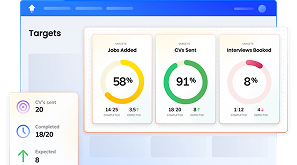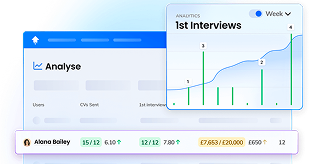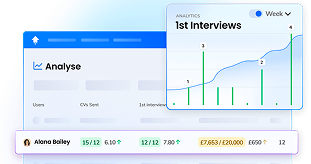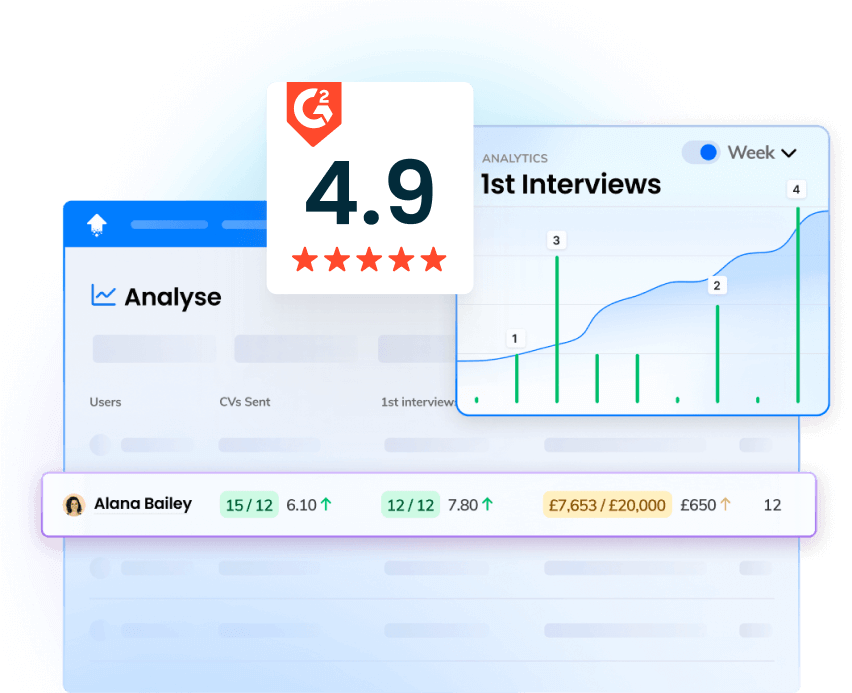A few days ago, an old friend of mine from high school popped up on Facebook. He’d come up with a business idea he wanted to run past me. I was curious, so agreed to the call.
We spent a good 30-40 minutes talking about his idea, what had led him to coming up with it, and how preparation was going so far. Naturally we spent a good 10 minutes reminiscing about school, discussing what everyone else we mutually knew was up to, and the conversation began to wind down.
In his closing sentence, he said to me “Thanks for the chat, this is why I called you mate. You’re a genius with this business stuff”.
I scoffed. Me? A business genius? Giver over. I’m not satisfied with our growth, our sales or most anything. I think that qualifies me the least to be a ‘genius’.
We hung up and I mulled over the conversation a bit. It reminded me of a discussion I had with our chairman just before Christmas, and that’s when the proverbial puzzle fell into place. He told me that despite the year ending on a negative (having to get rid of most of our team), we should be looking back on the year as a positive. We closed a round of investment, we hit 10 clients, we’d developed a couple of great integrations and our pipeline was as strong as ever. “Stop looking at the now and appreciate where you’ve been”.
To someone like my friend, I’m a successful businessman for these reasons and more. Yet to myself, I’m someone who’s doing things wrong for the reasons mentioned earlier. The reason I feel that way is I’m always looking forwards. There’s nothing wrong with setting your sights on where you want to go, but there’re a few important things that we should all remember as we pursue our goals.
Appreciate where you’ve been; it helps you see where you’re going

When someone tells a story of their past, they’re one of two types.
The first kind will downplay their achievements. “I went to university and scraped by with a 2:1, then started out in an entry-level role in a small recruitment firm. I did okay, but it took me a while to get used to it”. I’ve been guilty of saying I “pulled the short straw” when I became CEO of OneUp Sales (both my co-founder and I have tech backgrounds) and someone at the time told me I need to drop the self-deprecating attempts at humour. Attempts being the key word.
The second kind will recall their achievements with pride. “I went to university and learnt so much about life and what I wanted to do with it. I graduated with a 2:1 and immediately dove head-first into a role at an ambitious recruitment company. It was a real challenge but I loved every second and here I am now!”.
Who comes across as more confident and successful? Definitely the latter. Positivity drives positivity. Self-confidence is something I’m far from qualified to coach anyone on, but just by being in a position where you’re reading this blog, you’ve come a long way. Keep it up! Don’t gloss over the negatives, but don’t write off what you’ve done so far – every choice you’ve made, good or bad, brought you to where you are today.
This applies to your team too. Self-confidence is key to high performance, and if one of your team members is underperforming, it's worth considering whether this may be because they are lacking self-confidence at this moment in time. If they don't believe they are good enough to surpass or even achieve their targets in the first place, they won't push themselves to do so.
Meet with your underperforming team members for a gentle and open conversation, and find out what they need to get back on track. Not only would this hopefully restore and drive up their productivity, but it would make them appreciate that you as an employer genuinely care for their welfare, laying the groundwork for long-term loyalty and retention.
Don’t move the goalposts

I’ll be taking a healthy dose of my own medicine with this one. Especially in startups where progress is erratic, it’s very easy to constantly be looking 6-12 months ahead without looking 6-12 months back.
Because you’re always looking forward, the proverbial goalposts are always out of reach. It’s like chasing the horizon – at some stage you’ll hit the point you saw a few months ago, but now you’ll be looking at a new horizon.
Set yourself clear, measurable milestones and be sure to acknowledge when you’ve hit them. It can be something as small as “closed by 5th deal” or “made myself a £2k commission cheque for the first time” – they don’t need to be monstrous and in fact, I’d encourage them not to be.
We hark on a lot about gamification here at OneUp and a big contributor to motivating people is tiered rewards. Stuff like bronze/silver/gold medals for successive tiers of sales (£50k, £500k, £1m for example) is much better than one far-off goal of £1m. What’s important is that you don’t change them once you’ve set them up. Finish them, then set new ones.
Needless to say, ‘genius’ is a title I’d prefer to reserve for the real geniuses in the world. But if my past can help or inspire someone, then it’s not a bad past to have after all.
















